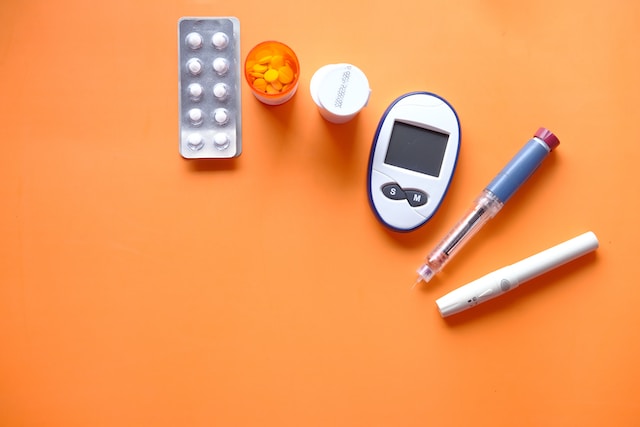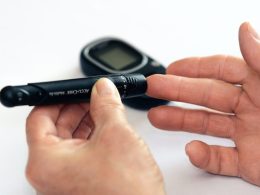Diabetes has become a global health concern, affecting millions of individuals worldwide. While managing the condition through medication, lifestyle changes, and insulin therapy has been the standard approach, there is a growing interest in exploring the possibility of reversing diabetes altogether. This article delves into the concept of reversing diabetes and investigates whether it is truly achievable.
Understanding Diabetes: Diabetes is a chronic metabolic disorder characterized by high blood sugar levels due to the body’s inability to produce or utilize insulin effectively. Type 1 diabetes is an autoimmune condition where the body’s immune system attacks and destroys insulin-producing cells in the pancreas. Type 2 diabetes, on the other hand, is often associated with obesity, insulin resistance, and lifestyle factors.
The Promise of Reversing Diabetes: The idea of reversing diabetes revolves around restoring the body’s natural ability to regulate blood sugar levels without the need for medication or external intervention. Proponents argue that by implementing significant lifestyle changes, such as adopting a healthy diet, engaging in regular exercise, and managing stress, individuals with diabetes can potentially achieve normal blood sugar levels and reduce or eliminate their reliance on medication.
Clinical Studies and Success Stories: Several studies have explored the potential for reversing diabetes. The DiRECT trial, conducted in the United Kingdom, found that an intensive weight management program could lead to diabetes remission in a substantial proportion of participants with type 2 diabetes. Additionally, success stories from individuals who have adopted a low-carbohydrate or ketogenic diet and experienced significant improvements in their diabetes control have captured public attention.
Controversies and Limitations: While the concept of reversing diabetes holds promise, it is important to approach it with caution. Diabetes is a complex disease influenced by a combination of genetic, environmental, and lifestyle factors. What works for one person may not necessarily work for another. Furthermore, the term “reversal” should be understood in the context of achieving normal blood sugar levels and reducing medication dependence, rather than complete eradication of the underlying condition.
The Role of Healthcare Professionals: Healthcare professionals play a critical role in guiding individuals with diabetes on their journey toward better health. They can provide personalized advice, monitor progress, and make appropriate medication adjustments. It is essential to consult with a healthcare professional before making any significant changes to one’s diabetes management plan.
Embracing a Holistic Approach: Regardless of whether complete reversal is achievable, focusing on improving overall health is undeniably beneficial for individuals with diabetes. Adopting a balanced and nutritious diet, engaging in regular physical activity, managing stress, and getting adequate sleep are vital components of a holistic approach to diabetes management.
Conclusion: While the concept of reversing diabetes is an intriguing one, it remains a subject of ongoing research and debate. The goal should be to empower individuals with diabetes to lead healthy and fulfilling lives, managing their condition effectively through a combination of medical intervention, lifestyle modifications, and the guidance of healthcare professionals. Whether it is complete reversal or significant improvement in blood sugar control, every step towards better health is a step in the right direction.












